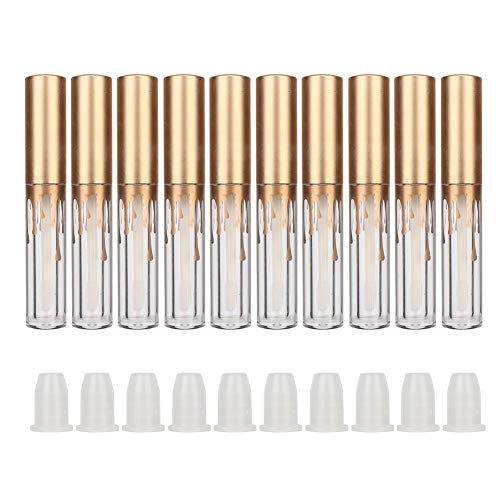dreammicke
Member
- Joined
- Jul 9, 2011
- Messages
- 15
hello can you juse Iron ore to do copperas







Geo said:you have the right material.
yes, incinerate.
10% is good. automotive battery electrolyte works well too. heat is recommended.
filter, yes.
evaporate to crystals.
ive never washed with alcohol.
use crystals as is. do not dissolve the crystals.
store submerged in sulfuric. any exposure to the air will decompose the crystals.
butcher said:I use the green copperas crystals wet or damp, it will not effect the test for gold in a spot plate, or the precipitation of gold from solution.
After burning off shellac from your iron and rinsing it in water I would cut the iron sheets into small pieces, this helps the acid to dissolve it easier.
I also like to recrystallize the copperas, any time you do this you will end up with a more pure product, when the first crystallize they are really pure, but the crystals can hold some impurity with the clumps of the more pure crystals, by dissolving these in a heated solution filtering and making the copperas back into crystals the second time will give you a much purer product, I have never used the alcohol wash and cannot comment on its benefit.
Keep us posted on your results.
rewalston said:I was wondering if this transformer will work for making copperas? Of course I have to clean everything up on it, I just tore apart an old stereo system. Also what should it be filtered through. If I'm not mistaken even at 10% wouldn't the sulphuric acid ruin coffee filters?
Rusty
IMG_20160718_182119[1].jpg
If you have an excess of iron, so that the sulfuric is [mostly] consumed, this is not a problem with regular filter papers. But add a touch more sulfuric after filtering, for a slight excess is a good thing.And you will need to use fiberglass or other product that will not be dissolved by the sulfuric when you filter.